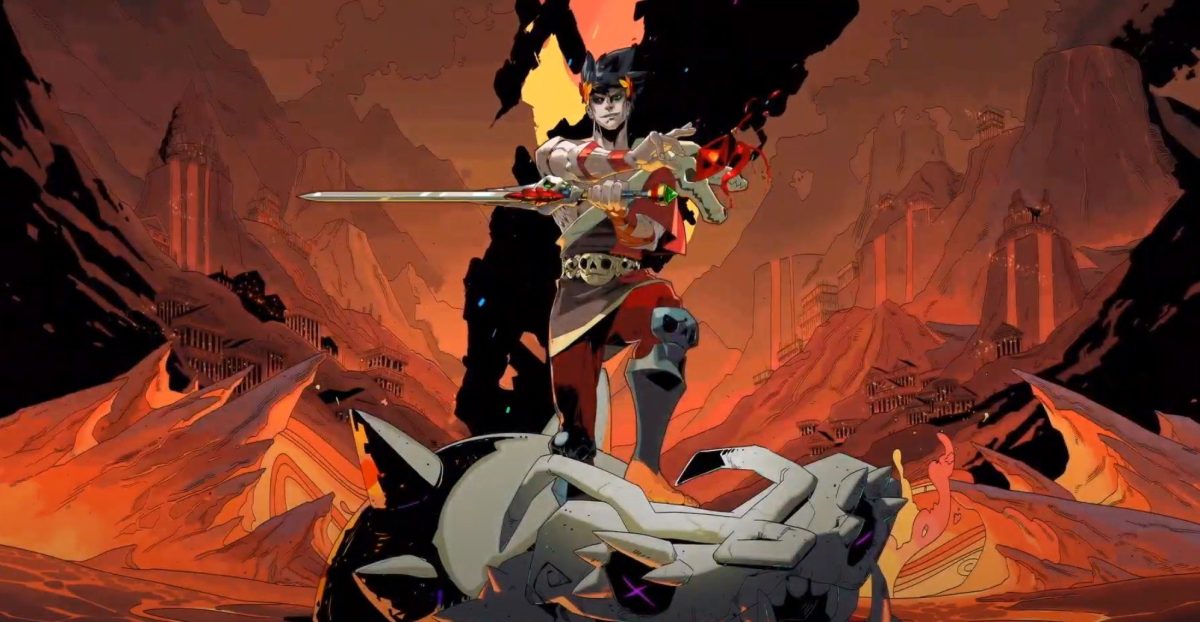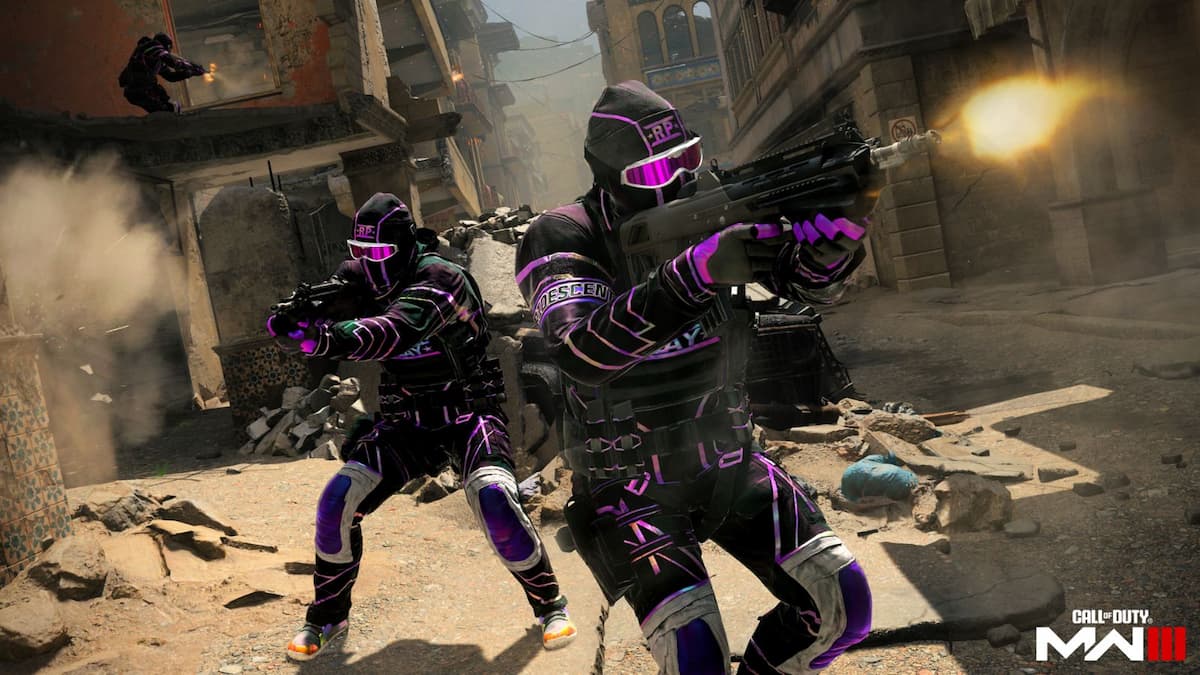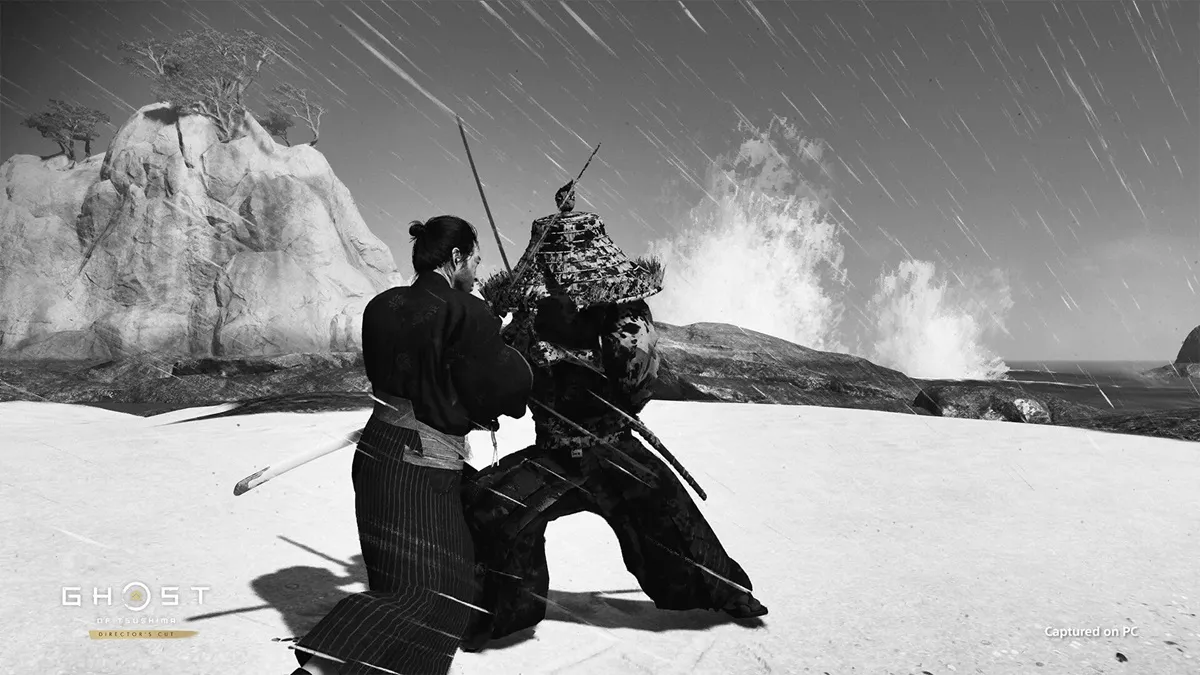Breaking down the roguelike taxonomy
The term “roguelike” has been pretty commonly used over the last decade or two. It’s grown out of a single game to encompass an entire genre of games about progression, runs, and death.
But as something grows and innovates, it starts to stretch further from its original definition. And so we have the frequent friction between roguelike and “roguelite.” Games taking directly after, and games inspired by, a concept.
The difference isn’t always so easy to discern. So here’s a breakdown of how roguelikes and roguelites have been differentiated, and why.
Roguelike vs. roguelite
The most common interpretation is that roguelites tend to eschew hardline roguelike gameplay elements. Roguelites can lack permadeath. They can also have meta-progression, where the player grows in strength run-over-run.
Roguelites might also have fixed events, or an established sequence that narrows the possibility space, in lieu of pure randomness. Often, the difference in roguelite versus roguelike lies in whether a game adheres to, or breaks from, hardlines about what a rogue game is. Most often, though, roguelite games incorporate some level of permanent, out-of-run progression, making that the easiest signifier.
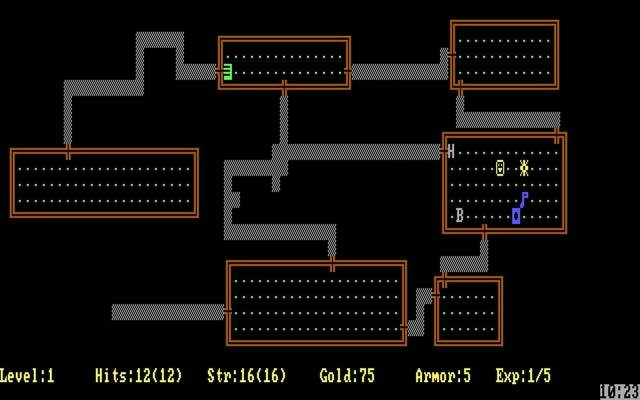
The roguelike history
Inspired by the 1980 game Rogue, the idea of a roguelike is that you have one life to live. You start with a character, usually, and build them up over time. But when that character falls in battle, they are gone forever. If you want to see more, or do more, it’ll be on another character.
This is the core concept behind “runs,” and what makes a roguelike different from say, Diablo. Games like NetHack and Dungeon Crawl Stone Soup fit neatly into this category.
In 2008, at the International Roguelike Development Conference, players and developers in attendance developed the “Berlin Interpretation” of a roguelike. It outlined high-value and low-value factors, to essentially “score” a game’s roguelike-ness.
The eight high-value factors were:
- Random generation
- Permadeath
- Turn-based
- Non-modal
- Emergent gameplay
- Resource management
- Hack-and-slash gameplay
- Map exploration
And the lower-value factors include:
- Controlling a single character
- Monster behavior similar to player
- Tactical challenge
- ASCII characters and a tile map
- Exploring dungeons made of interconnecting rooms and corridors
- Status presented through numbers
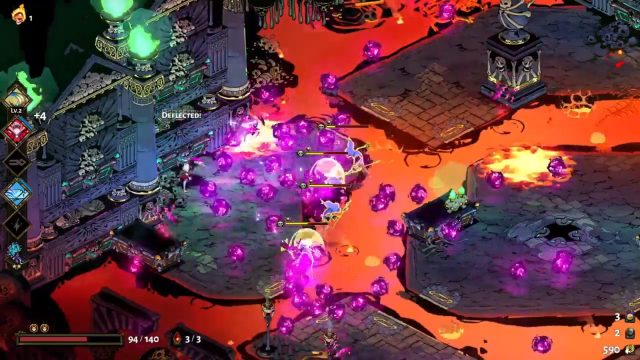
Breaking the mold
Of course, rogue-style games have evolved quite a bit over the years since 2008. The advent of “seeds” which generate certain runs certainly changed things up, as players could now essentially play each other’s runs. Developers could use this to craft specific challenges, encouraging players to solve them.
Meta-progression is a major difference, allowing players to open up new weaponry or upgrade aspects of their character. These upgrades, unlike those gained inside a run, are persistent.
Examples of modern roguelites include some big games. Hades, Rogue Legacy, and Dead Cells all incorporate meta-progression.
Games like Spelunky, meanwhile, took a fresh look at the genre from a platformer perspective. And Slay the Spire and other card games expanded the world of digital roguelikes into the deckbuilding genre. Even rhythm games have Crypt of the Necrodancer.
The larger rogue genre might be pretty expansive at this point, but there’s certainly no shortage of new concepts. Ultimately, what’s in a name is only the tip of the iceberg, as developers keep finding new ways to reinvent this genre.

